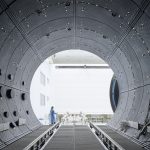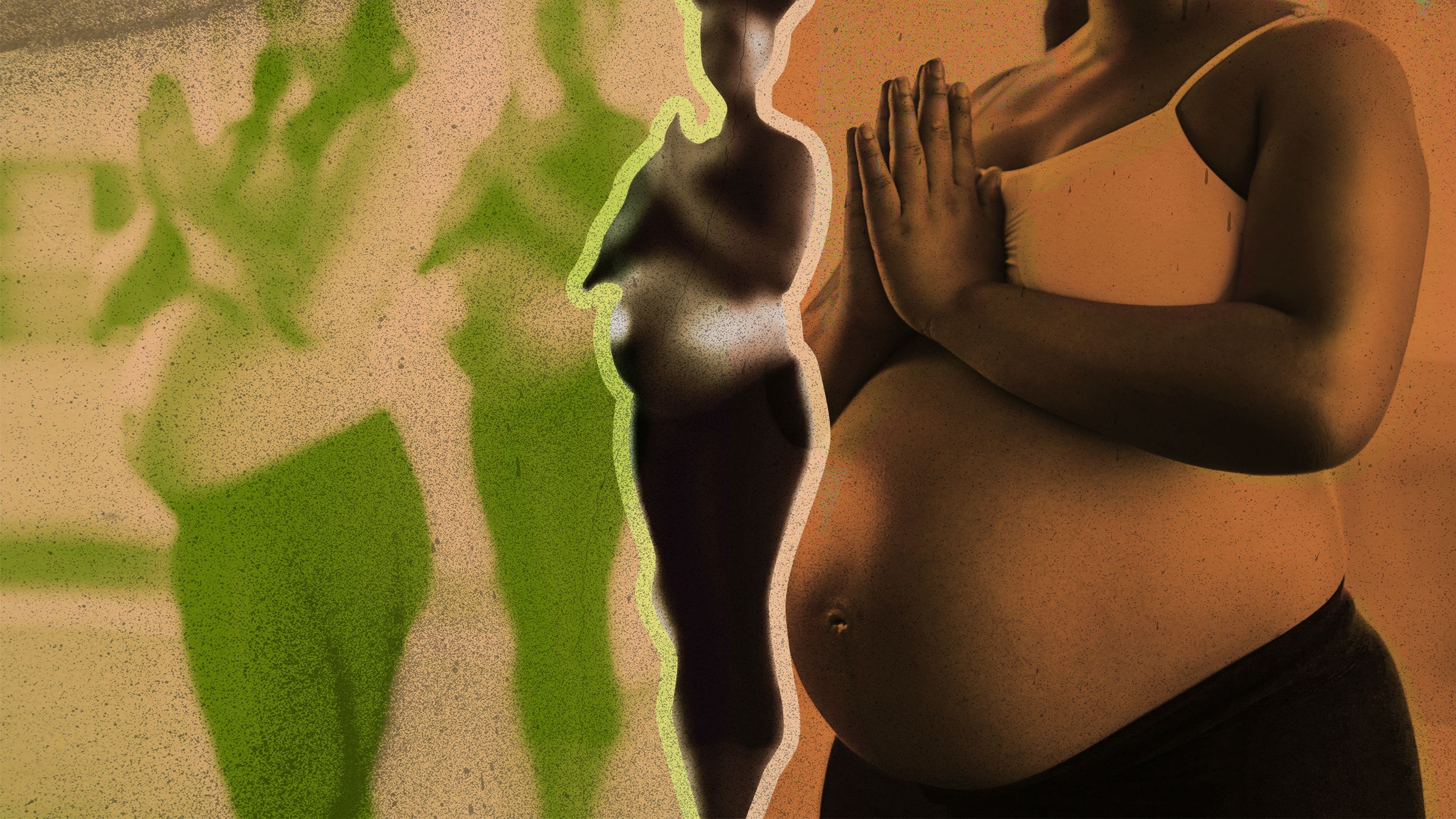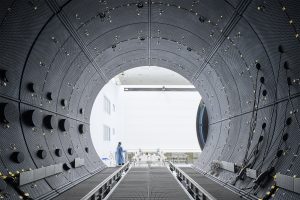Inequality Is a Health Risk—and It’s Getting Worse
In today’s society, the gap between the rich and the poor is widening at an alarming rate. This growing inequality not only affects financial stability and social mobility, but it also has severe consequences for our health.
Research has shown that individuals living in areas with high levels of income inequality are more likely to experience higher rates of chronic diseases, mental health issues, and overall poorer health outcomes.
One reason for this correlation is the lack of access to quality healthcare that often accompanies poverty. Those in lower income brackets may struggle to afford necessary medications, doctor’s visits, and preventative care, leading to untreated illnesses and worsening health conditions.
Additionally, the stress and anxiety that come with financial insecurity can have detrimental effects on both physical and mental well-being. Constantly worrying about making ends meet can lead to high blood pressure, heart disease, and other stress-related illnesses.
Furthermore, disparities in education, housing, and nutrition between different socioeconomic groups play a significant role in perpetuating health inequalities. Limited access to nutritious food, safe living environments, and quality education can have long-lasting effects on an individual’s health throughout their lifetime.
As the income gap continues to widen, the health risks associated with inequality are only expected to worsen. It is crucial for policymakers, healthcare providers, and community leaders to address these disparities and work towards creating a more equitable society where everyone has access to the resources they need to live a healthy life.
In conclusion, it is clear that inequality is not just a social issue—it is a public health crisis. By recognizing the connection between income inequality and health outcomes, we can begin to take steps towards building a healthier and more equitable future for all individuals.










More Stories
Greener Is Getting Going
Fusion Sparks an Energy Revolution
The AI-Fueled Future of Work Needs Humans More Than Ever